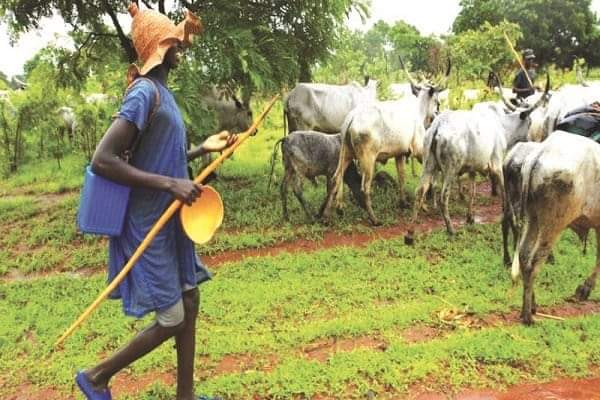
No fewer than 2,539 persons were killed in various states of the country between 2017 and May last year due to herder-farmer clashes.
Also, 254 kidnappings took place across the nation and 300,000 persons displaced in multiple clashes in Benue, Plateau, Nasarawa, and Taraba states between 2001 to 2018.
These were the highlights of a report titled: “Trends and Dynamics of Conflict between Farmers and Pastoralists in Nigeria’s Benue Valley” released by Zinariya Consults, a research development, and policy advocacy group. The research that led to the findings was funded by Open Society Initiative for West Africa (OSIWA) and Global Rights Partners for Justice.
One of the lead researchers commissioned for the work by Zinariya Consults, Dr Joseph Ochogwu, presented the report in Abuja yesterday.
Ochogwu, an associate professor of research with the Institute for Peace and Conflict Resolution, said that Nigeria’s Benue valley comprising Benue, Plateau, Taraba, Nasarawa, Adamawa and Kaduna experienced escalating tensions between farmers and herders during the period.
He explained that the resultant clashes also led to the destruction of houses, livestock, farmlands, and farm produce especially in affected Benue, Plateau and Taraba communities.
Read Also: Arrested 80-year-old herder who grazes between Kogi, Osun released in Ondo
According to him, the conflicts, which were primarily contests over land and water, are threatening the country’s food security and stability.
His words: “The current crisis has assumed ethnic and religious dimensions.
“From 2001 to 2018, about 60,000 deaths were recorded in multiple clashes, it is estimated that more than 300,000 were displaced across states, 176,000 in Benue, about 100,000 in plateau, and 100,000 in Nasarawa and about 19,000 in Taraba.
“These displacements were mainly due to the surge of attacks and counter-attacks by the headers and farmers communities in Benue alone, it is estimated that the crisis led to more than N400 billion economic losses resulting from destruction of properties.
“Between 2017 and May 2020, 645 attacks were carried out, 2,539 people were killed and 254 kidnappings were recorded in various states in Nigeria.
”The surge of attacks and counterattacks had exacted heavy humanitarian and economic toils, with severe security and political consequences. The humanitarian impact is exceedingly grave.”
Ochogwu added that key findings of the research included trends and pattern of the conflicts, gender dimension of the conflicts, demographic shifts, mental health and psychological supports, and community resilience among others.
He advocated that governments at all levels should deploy a joint task force comprising of Army, Navy, Airforce, Police, para-military, and civil institutions to restore law and order and build people’s confidence in the government.
Ochogwu said that the complex nature of the conflict required participatory, inclusive, coordinated, and sustainable solutions.
He urged state governments to strengthen the already existing community policing structure such as vigilance groups for intelligence gathering.
According to him, the research also recommended that development partners should collaborate with the government and community-based organisations to ensure that women are mainstreamed in peace-building programmes.
Ochogwu urged the Federal Government to order the investigation of the recent violence between farmers and pastoralists and expedite the trials of individuals or groups found to have been involved in the violence.













